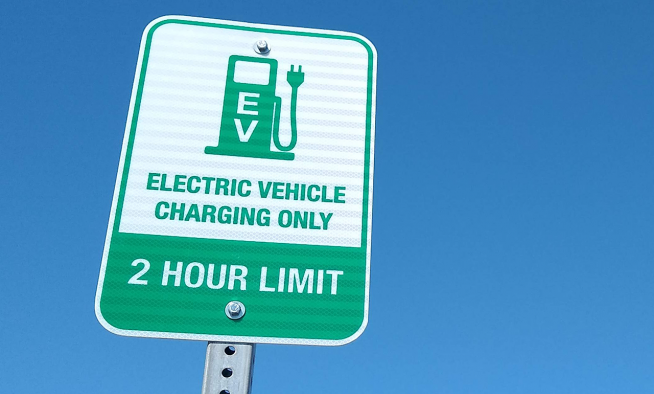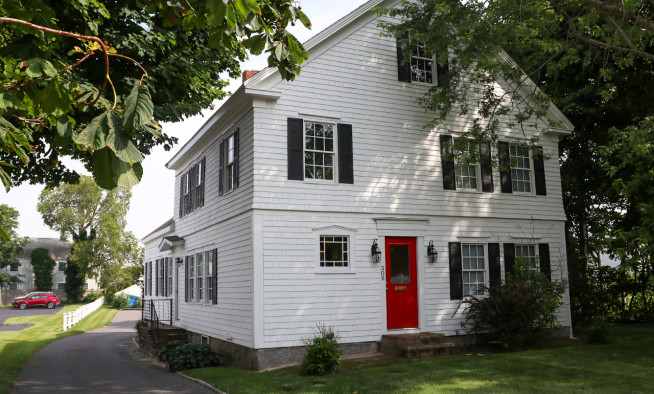A zero-emission future for Cape Cod’s public transit system
The transportation sector on Cape Cod accounts for over 55% of the region's total Greenhouse Gas (GHG) emissions, according to the greenhouse gas emissions inventory compiled by the Cape Cod Commission in 2021.
The Cape Cod Climate Action Plan calls for a reduction in greenhouse gases throughout the region to slow the impacts of climate change. The Cape Cod Regional Transit Authority (CCRTA), which operates a large fleet of gas-powered vehicles, is committed to reducing its emissions and is now embarking upon an effort to electrify its fleet.
The results of a study conducted by Hatch Associates Consultants (Hatch) maps out a 12-year fleet electrification plan that could result in a significant reduction in greenhouse gas emissions.
In late 2022, CCRTA contracted with Hatch to conduct a comprehensive study to support the development of a zero-emission vehicle (ZEV) fleet transition plan. The analysis, completed in November 2023, concludes that battery electric vehicles (BEVs) can feasibly support CCRTA's operation, and zero-emission technology will reduce emissions, supporting the region's climate goals over the long term.
"This ZEV Transition Plan marks a major milestone in CCRTA's journey to zero-emission vehicles. Having worked closely with Hatch the past ten months, this plan considers Cape Cod's specific needs for a successful transition," says CCRTA Administrator Tom Cahir. "With a particular focus on environmental justice communities, CCRTA will continue to deliver safe and reliable service while reducing our carbon footprint."
The analysis and study include a fleet management plan, resource allocation, policy impacts, facility plans, utility partnerships, workforce development needs, emissions reduction estimates, and resiliency recommendations. The project is estimated to cost $79 million over the twelve-year transition period.
Hatch recommends a fleet of 143 vehicles, including 127 BEVs. The CCRTA will need some gas-powered vehicles to ensure viable operation for its demand-response services, which have travel distances that exceed the capabilities of current BEV technology.
The plan calls for the addition of charging systems at the bus depot in Dennis Port that can support overnight charging of nearly 150 buses. On-route charging infrastructure will be needed in several key locations for use during service hours. Through Eversource's Make Ready Incentive Program, the CCRTA has begun conceptual design work for the required charging infrastructure.
The CCRTA is committed to initiatives and collaboration to combat climate change, grow the acceptance of zero-emission technology, and support infrastructure on Cape Cod.
Learn more about the plan by visiting capecodrta.org/about/zev-journey.




